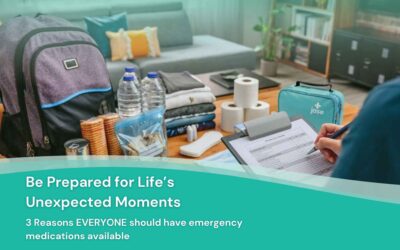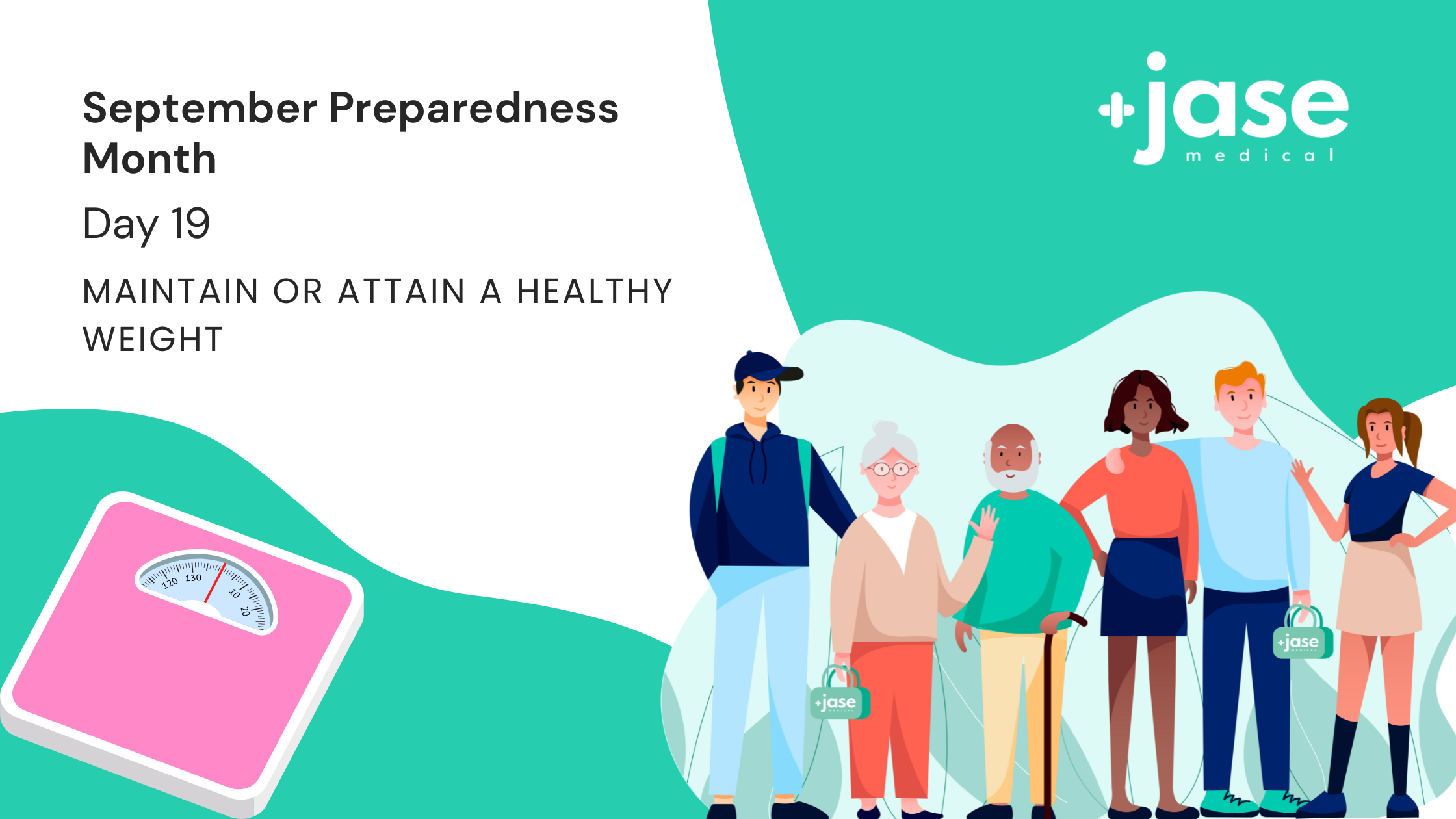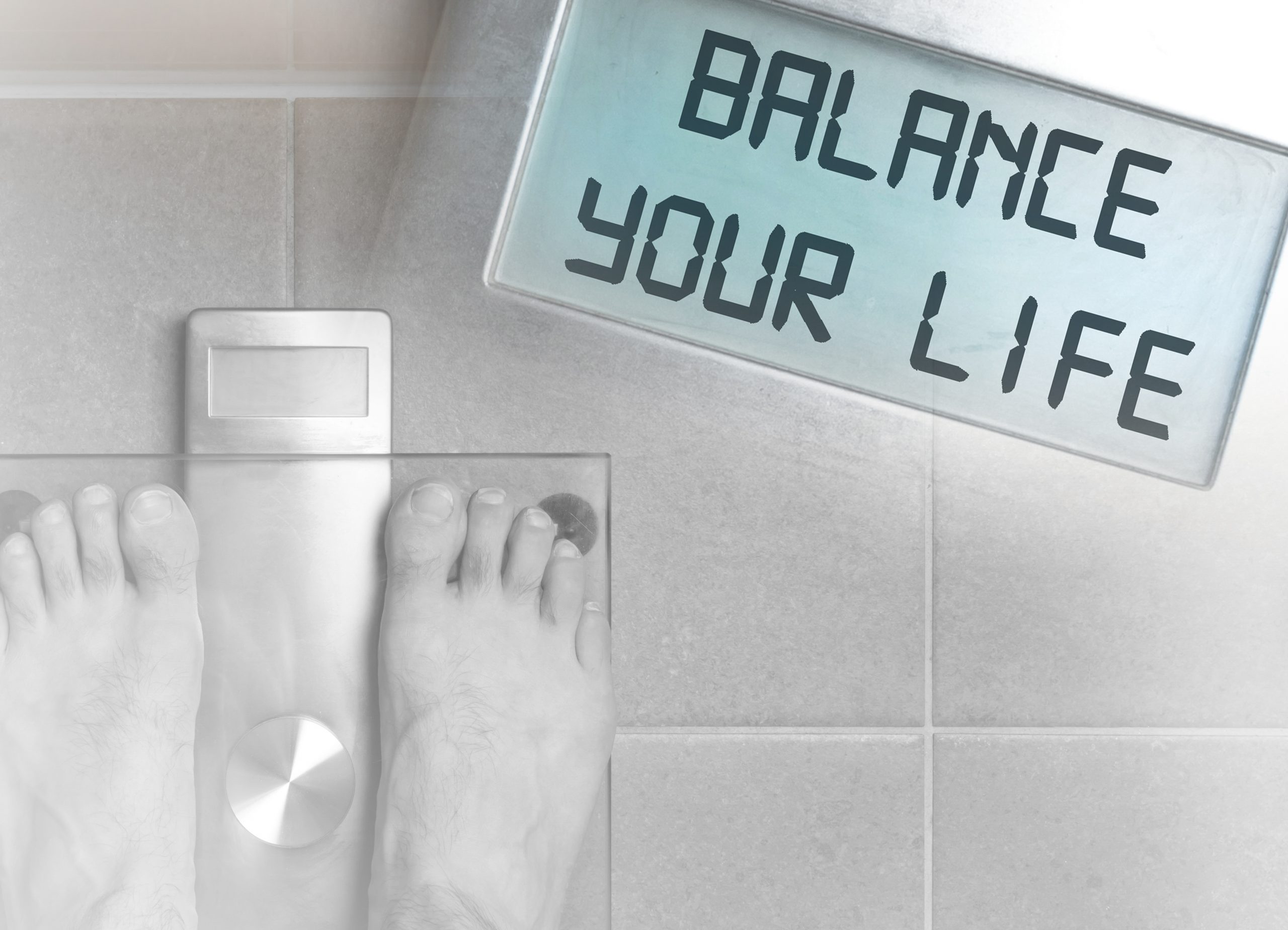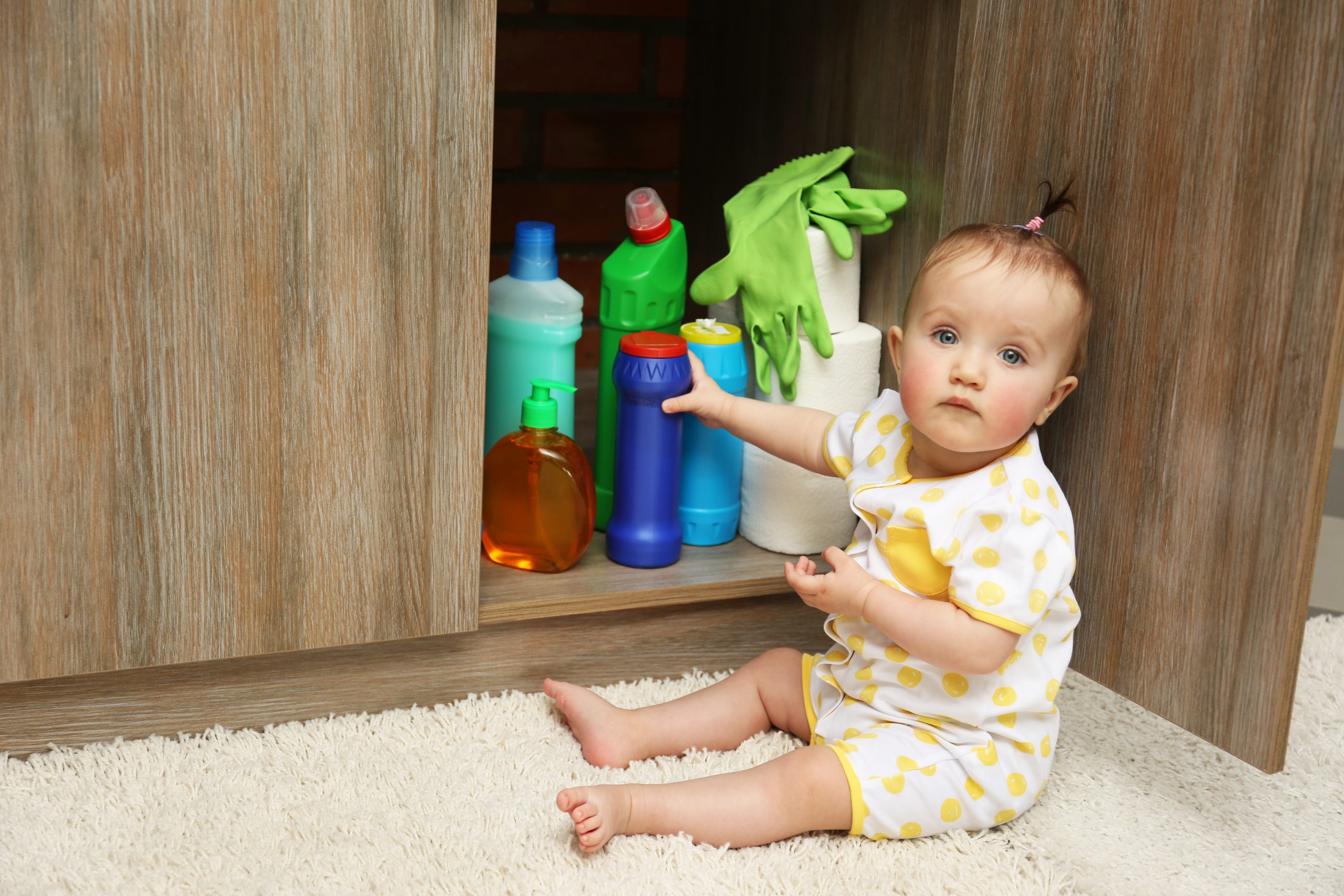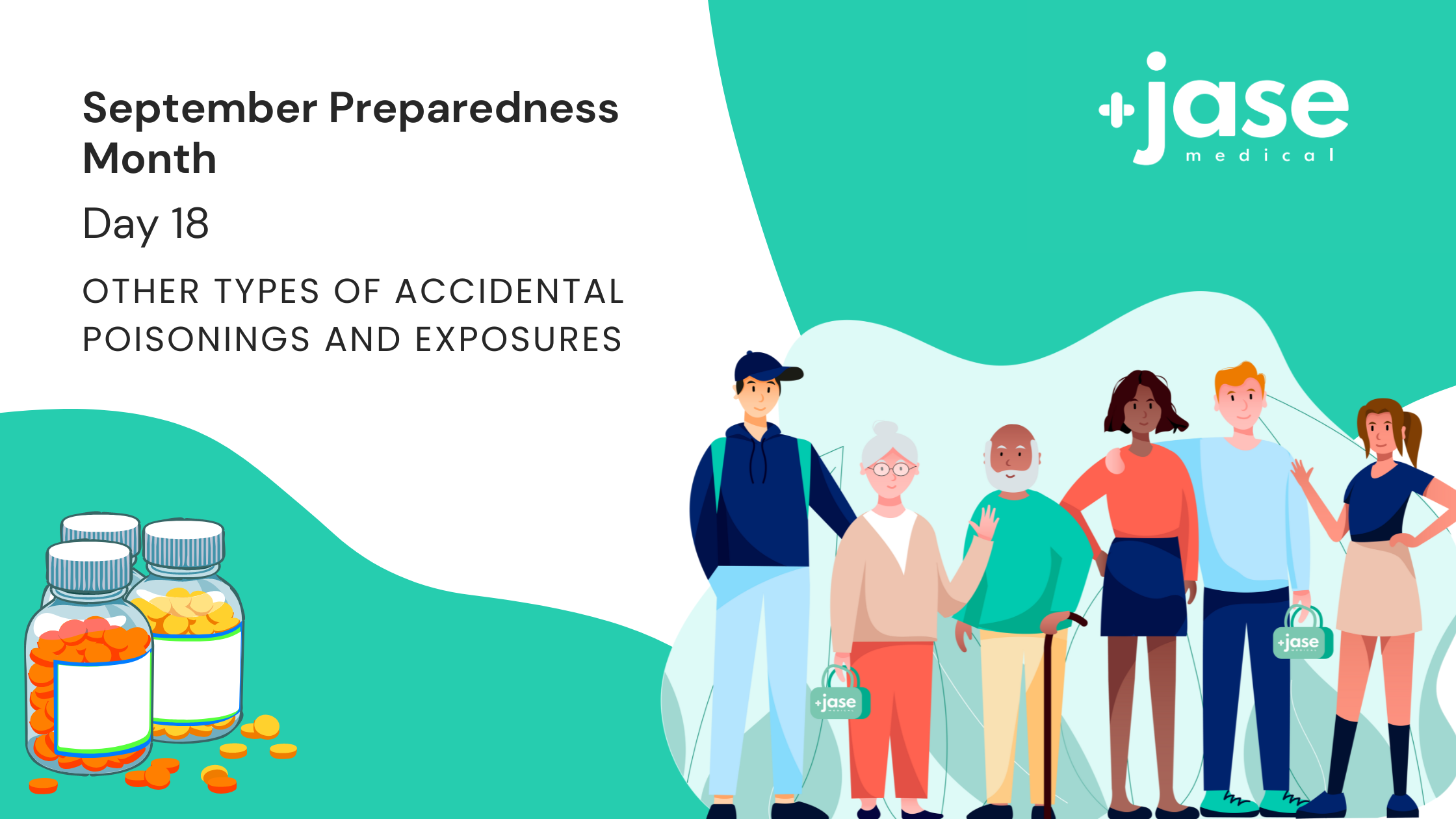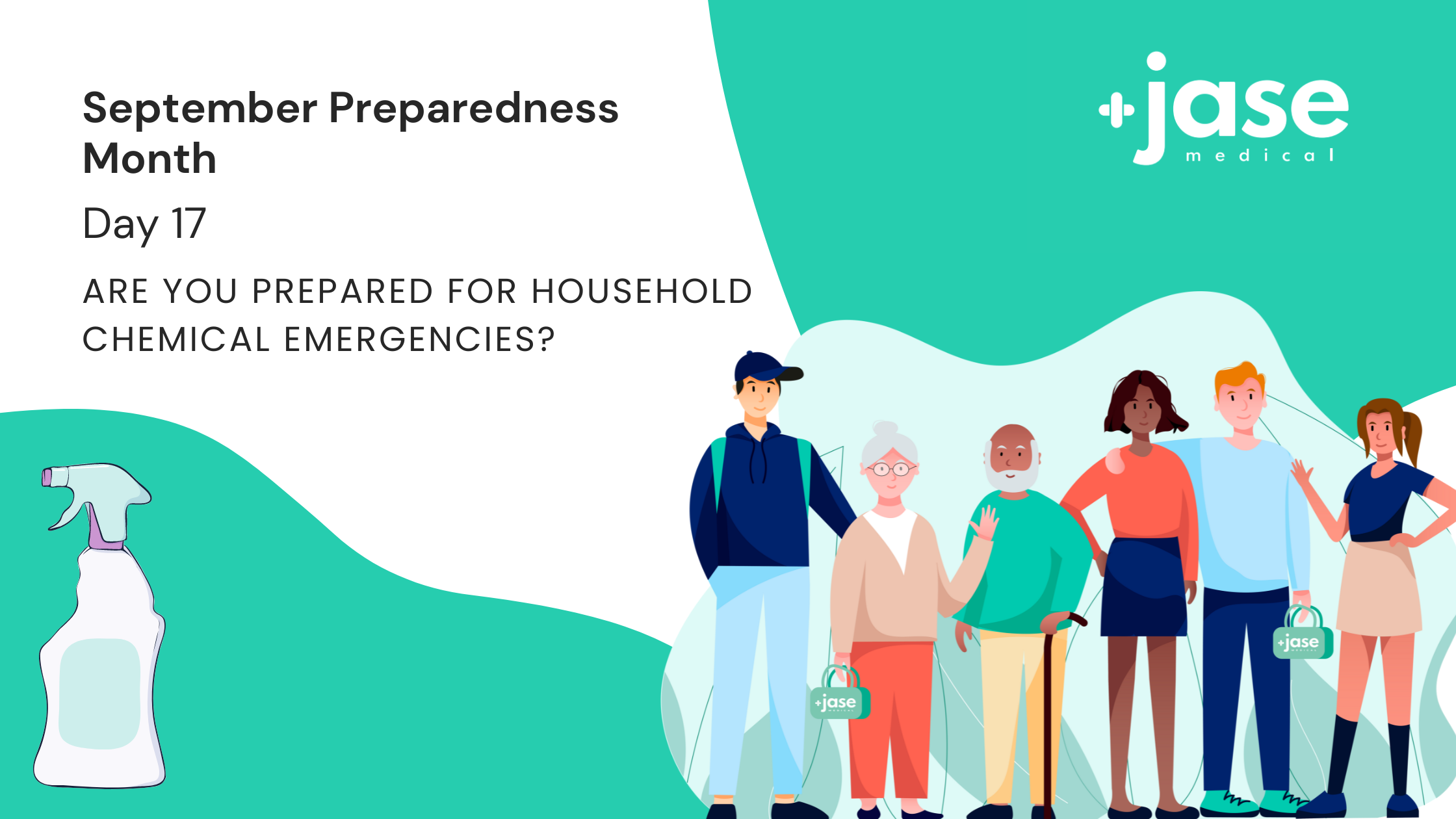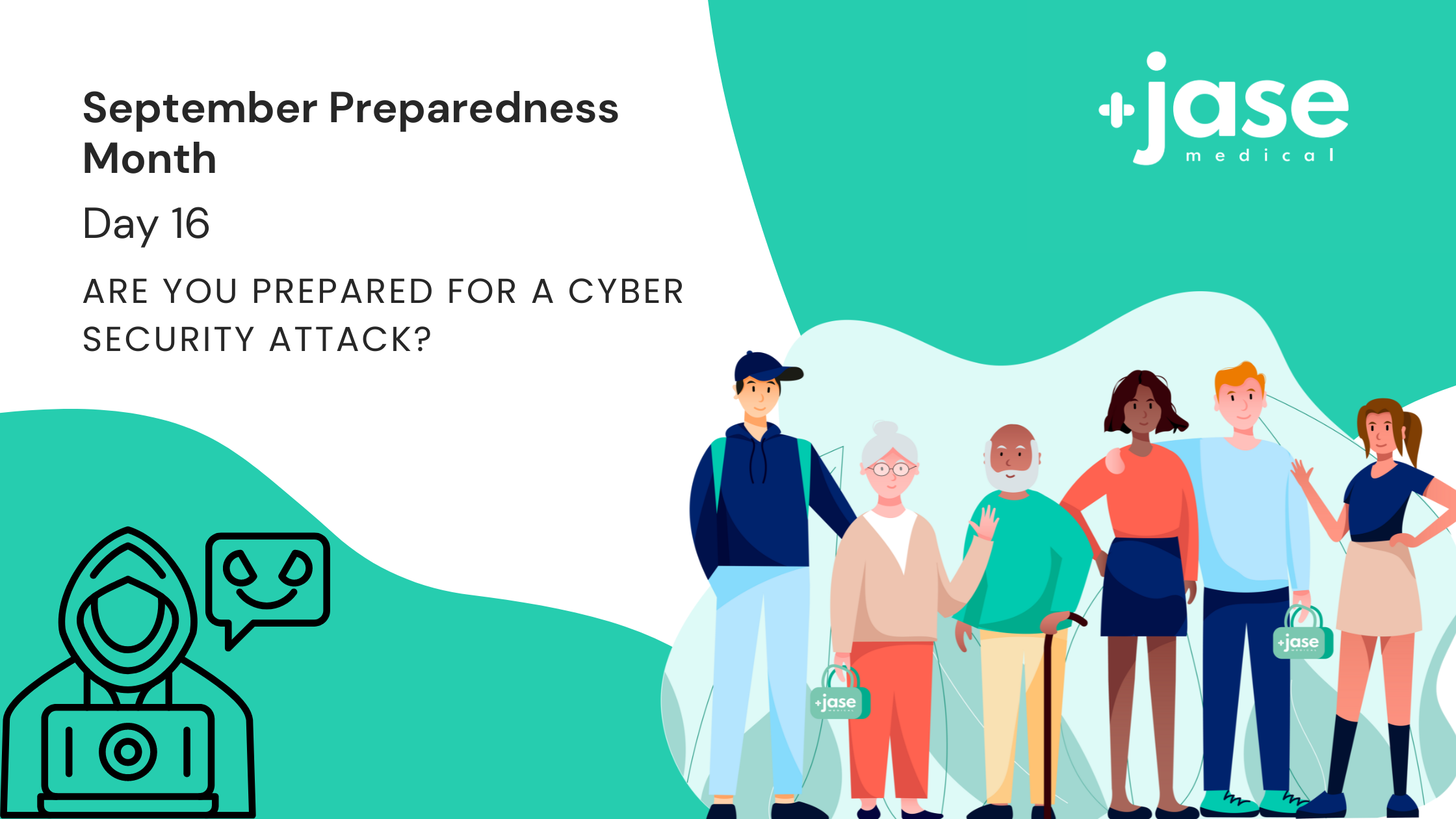3 Reasons EVERYONE should have emergency medications avaiable. It's all about access—access to medications and care when you need it most. And when things happen outside of your control that access can disappear.Below are 3 examples of how easily this access can be...
Don’t Get Complacent- Avoid Burnout
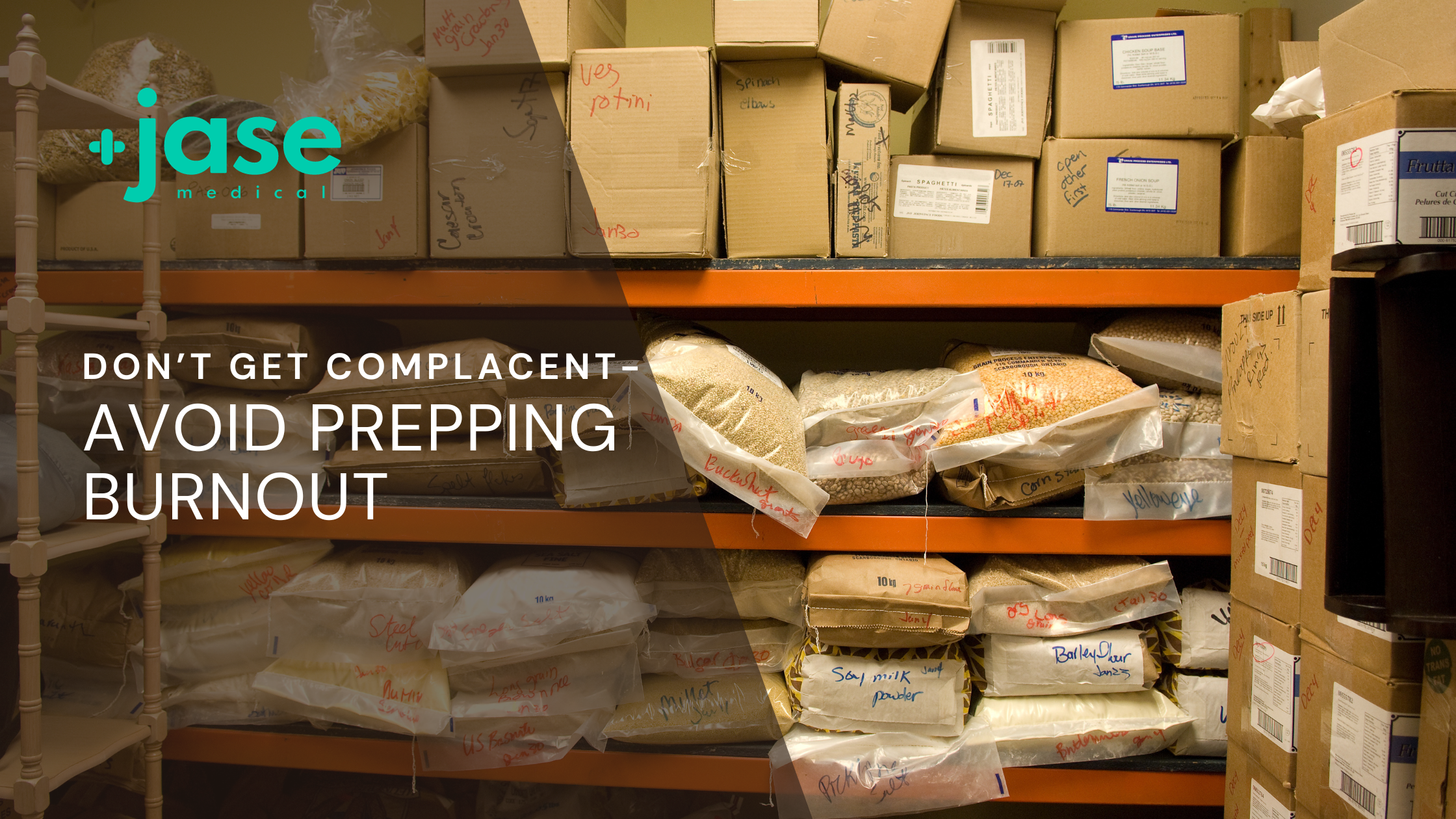
5 Tips to get back on track to self-sufficiency.
Its that time of year again. Tax time, Spring break, plans for summer vacation, getting your garden started,playing and working outdoors are all forefront in our minds.
Oh yes, and pending war, famine, next pandemic, social unrest, solar flares, record breaking weather patterns (tornados in the South, epic rainfall and snow in the West), food and gas prices spiraling out of control, bank failures, supply chain disruptions. In fact, probably the most disturbing news so far came from the World Economic Forums’ Global Cybersecurity Outlook 2023 report where 86% Business and 93% of cyber leaders believe global geopolitical instability is moderately or very likely to lead to a catastrophic cyber event in the next two years. A mass cyber event would have far-reaching and untold hardship in ways we can’t even comprehend.
Let us not forget our medical system
Our medical system is now at tipping point leading to total collapse. Hospitals closing, staff shortage, medical device shortage,( Cardiac diagnostic, and monitoring products, Specimen collection – testing supplies and equipment, Radiological devices, General ICU/ hospital products) the inability to perform procedures due to shortages of medications and instruments.
Overwhelmed? Now is NOT the time to shut down
As the war drums continually beat, as high food, energy and gas prices steadily climb to new highs, and as we face the reality that our medical system is in crisis, this isn’t the time to be complacent.
Breaks and vacations are important but don’t live there
Take a break from the noise of all the crises but don’t let this become your “new normal”. In fact, short vacations, hobbies, time with family and friends are vital to overall health and wellbeing. Schedule time away from screens and technology. Information overload causes us to feel we are powerless. This leads to complacency and the inability to think clearly. The survival of our families is dependent on our ability to navigate this unchartered territory.
We are entering a time never seen before in the history of the world.
Our global economy and trade have positioned us in a very precarious position; one where we may feel powerless. This couldn’t be further from the truth. We have amazing, untapped talents and abilities we never knew we had until we decide to get back in the game.

5 tips to get back on the track to preparedness and self-sufficiency
- Attitude is everything
Everything we believe we can or can’t do starts with attitude. Attitude can move mountains. By focusing on solutions instead of allowing the media and others to pull you down, step away from the negativity and work out ways to overcome obstacles. If the obstacle is too big, shelve it and revisit at a later date.
Start your day off on the right foot, and continue.
- The first hour upon awakening sets the tone for the rest of your day. Stay off your phone that first hour. Instead, meditate, pray, reflect on what you are grateful for and if able get some natural first morning sunlight.
- Prioritize your day, week, month and year. Set realistic goals.
Set aside uninterrupted time to prioritize goals. Start by writing down the goals, then prioritizing them. Which are the most pressing and important? Number them, starting with #1 as the most important and pressing. Do you have a goal of paying off debt? Weight loss? Finishing a project or starting a hobby? Do you want to eat better within an already strained budget?

The SMART acronym
A very popular tool for goal setting.
Specific- Narrow down what goal you wish to achieve, take time evaluating the goal.
Measurable- Is the goal measurable? For instance, if you want to lose weight, how much?
Achievable- Is the goal realistic and achievable. Some of this is based on your attitude and ability to achieve the goal. Do you feel you can achieve the goal and do you have the resources and tools needed?
Relevant- Is your goal relevant in your life? For instance, would losing 10 pounds add value to your quality of life?
Time-bound- Make sure your goal has a completion date. This can be modified as needed as you work towards achieving your goal.
- Be flexible but stay the course
Life happens, roll with the punches, but always go back and reflect on your reasons for why you are preparing. If you need to step away for a time, go ahead, but don’t make this a permanent way of life. It you have experienced major life changes it is time to refocus and reevaluate your goals and get back on track as soon as you are able.
- If it was easy, everyone would do it
The discipline, focus, drive and determination needed to prepare for our uncertain future isn’t an easy road but it will be rewarding and bring peace of mind. You can’t possibly do everything. Find others that are like minded that can help fill in the gaps for you and reciprocate. Check with local emergency responder groups, gardening and livestock communities along with family friends and neighbors for support. We aren’t an island. We need each other now more than ever before.
- Be an example. Be a leader
People are watching us even if we don’t realize it. We will inspire others more through our actions than any other way. As more people come together to solve local and regional problems facing all of us, we will all not just survive but thrive while navigating the waters of the unknown,
By the way, have you ordered your Jase Case for each member of your family yet?
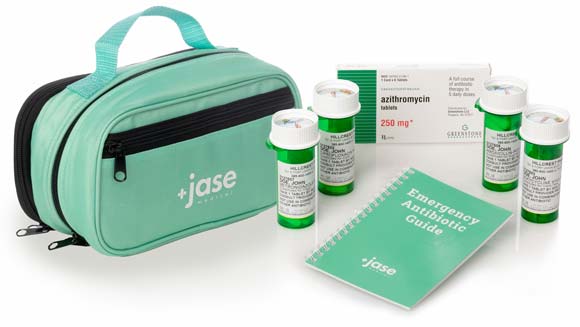
- Brooke Lounsbury, RN
Medical Content Writer
Lifesaving Medications
Recent Posts
Keeping you informed and safe.
Be Prepared for Life’s Unexpected Moments
Youth Preparedness: Teaching, Building, and Coping with Disasters
Educating and preparing your children ahead of time means fewer surprises in the event of an emergency.Growing Up Prepared: Empowering Youth in Disaster Preparedness As we observe National Preparedness Month, it's crucial to remember that disasters can strike at any...
Low-Cost and No-Cost Emergency Preparedness Measures
Small steps today, mean a safer tomorrow for you and your loved ones.Low-Cost and No-Cost Emergency Preparedness So far in our series for National Preparedness Month this September, we've already covered How to Make an Emergency Plan for Your Household and How to...

